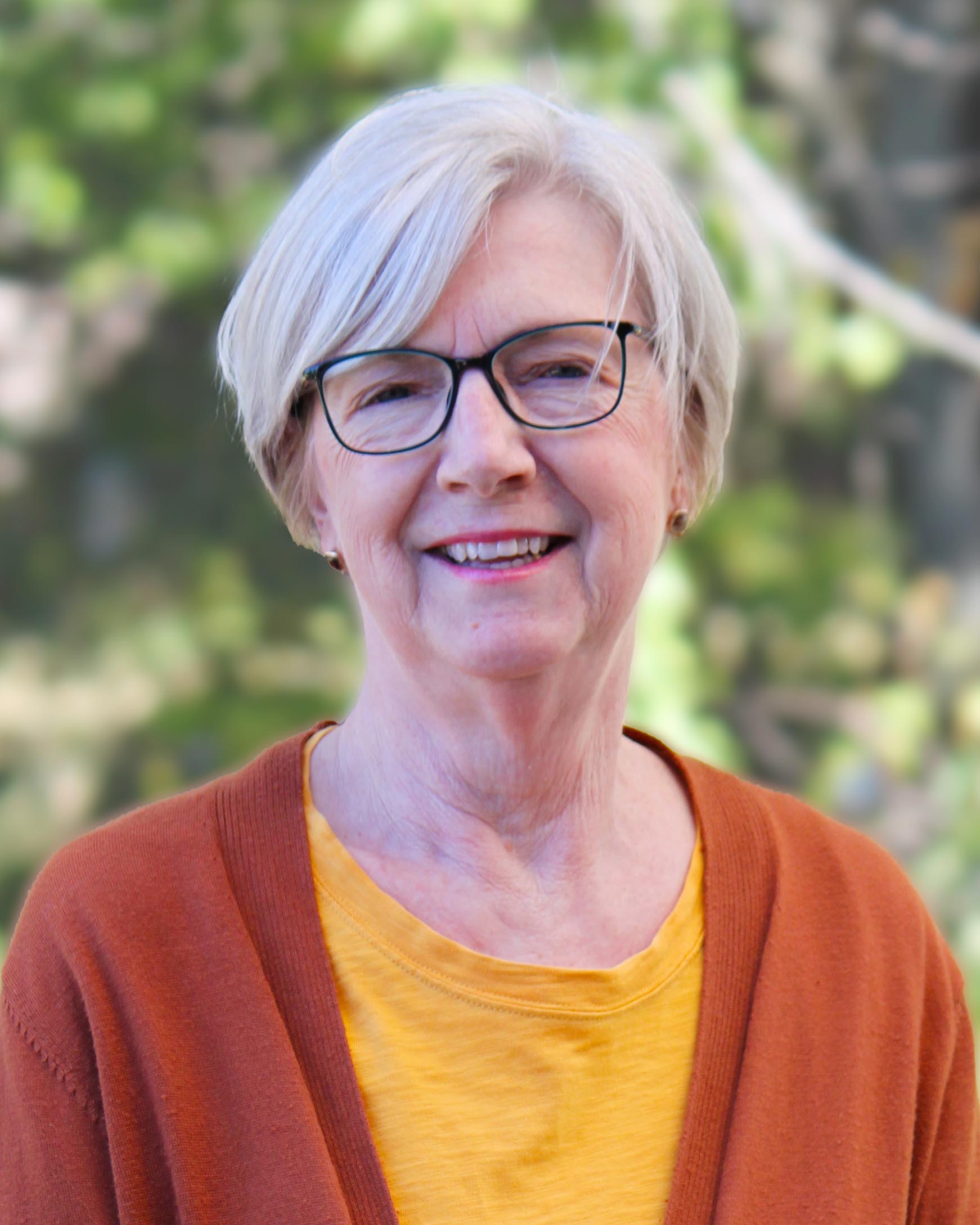Introducing a new writing process to your school or school district can be a huge undertaking—a significant change in the way your students will learn a critical skill. This isn’t possible without your teachers’ support. To get them on board, it’s important to make your teachers’ first impression of Structure and Style® a positive one. Why does this matter? According to Todd Whitaker, a national authority on school leadership and teacher effectiveness, the first exposure to any new idea or program will launch its success or doom it to failure (Whitaker, 21).
IEW’s live, on-site Teaching Writing: Structure and Style Seminar (TWSS) is a powerful way to give your teachers a strong first exposure to the Structure and Style method.
How does it work?
Your IEW Educational Consultant (EC) will work with you to create a professional development plan that meets your school’s needs, goals, and vision. Next, your EC will connect you with an IEW Implementation Coach to plan the logistics and customize an approach that matches your school’s goals and your teachers’ and students’ needs.
Following the training, your Implementation Coach will check in with you by phone or over Zoom to see how things are going and to discuss the next steps in supporting your teachers as they begin to use Structure and Style in their classrooms.
What are the benefits of live training?
-
Our Implementation Coaches are authorized by Andrew Pudewa to teach the Structure and Style method and are accredited by IEW as Accomplished Instructors. Each has experience in teaching the Structure and Style process in the classroom.
-
The live seminar is geared specifically to classroom teachers and school leaders in grades 3–12, in contrast to the video training, which must address the wider range of audiences that IEW serves (homeschool parents, co-op teachers, tutors, as well as classroom teachers and administrators).
-
The training is interactive with time allowed throughout the seminar for questions, discussion, and clarification. This results in a more active and engaging experience for teachers and administrators as well as a close working relationship between the IEW coach and the school.
-
Live training promotes and reinforces your teachers’ fidelity to the Structure and Style process. The Implementation Coach explicitly demonstrates each structural model and stylistic technique and coaches participants through the practicum exercises, making authentic connections to what works in your classrooms.
-
Live training strengthens the vertical alignment between grade levels in your school. Rather than a “hit-or-miss” approach, teachers, with your leadership, are all on the same page. Each teacher and, therefore, each grade level contributes to and fosters students’ growth along the pathway to excellent writing year after year.
What are the challenges to consider?
-
Live professional development may be too expensive for small schools or those with a limited budget for training. However, private schools, charter schools, and small school districts may make use of funding through their local school district or county office of education or may seek out grant money for professional development.
-
The trainer’s travel expenses are not included in the seminar price.
-
A two-day seminar provides a lot of information at once, which may be overwhelming for some participants. However, teachers receive access to the seminar via streaming, which means they can review it as often as necessary.
-
Some schools do not have staff development days built into their schedules for a two-day seminar. If so, training by DVD or video streaming may be a better fit for your school.
-
There may not be enough time to complete all the seminar’s practicum activities because of the time constraints of the seminar. Your Implementation Coach will make suggestions for completing the activities independently.
Once the live training is complete, administrators and school mentors are still responsible for guiding and supporting teachers through implementing Structure and Style. By choosing live training, your IEW Implementation Coach is your partner in these efforts. Our coaches are available to help you, walking alongside you via email, phone, or Zoom as you implement the curriculum in your classrooms. IEW offers you additional support through our Demonstration and Coaching and Observation and Coaching Days, where your coach is able to assist you further.
As a company we serve you no matter which training option you choose. We don’t love you and leave you; we love you and lead you. With the on-site choice, you unquestionably experience that truth.
What else do I need to know?
Visit our website for more information including pricing and materials for Day 1 and Day 2 of the seminar as well as course description and schedule.
If you are interested in live professional development for your school, wish to check on availability, have questions, or want to request a quote, please contact your school’s Educational Consultant.
Works Cited
Whitaker, Todd. Leading School Change: 9 Strategies to Bring Everybody on Board.
Larchmont, NY: Eye on Education, 2010.
Other Blogs in This Series
Training Option 1: Video Training through Individual Streaming
Training Option 2: Group Training with DVDs or Video Streaming
Training Option 3A: Virtual Primary Writing with Structure and Style Writing Workshop
Training Option 3B: Virtual Structure and Style Writing Workshop for Teachers 3–12
Training Option 4A: Primary Writing with Structure and Style Two-Day Seminar for Grades K–2
|
Jean brings 34 years of classroom experience to IEW, having taught grades 1–6 in New York, Virginia, and in California, where she taught sixth-grade language arts in the Rocklin Unified School District. She was introduced to IEW in 2001 when a colleague shared Student Writing Intensive videos at weekly school staff meetings. As a result of student progress and teacher enthusiasm at her school, RUSD brought Andrew Pudewa to Rocklin many times over the next several years to train district teachers, resulting in improved student writing and test scores district-wide. Named Rocklin’s “Elementary Teacher of the Year” in 2001, Jean was also included in the 2004 and 2005 editions of Who’s Who Among America’s Teachers. |


